The Trials of Mana's Remake Continues Its Legacy While Paving New Terrain
When Sawano's Trials of Mana was released in the West for the first time, it was met with excitement on a level beyond nostalgia. Seiken Densetsu 3 was the stuff of both fantasy and legend for role-playing game players in the West for decades. The decision to finally release the game was not based on profit alone; it was a 3D representation of the framework and was intended to honor the dedication and care shown towards the game in the form of reminiscence. In both respects, the game seeks a restoration, and then further reimagines it. A form of nostalgia is certainly present; however, the question pops up whether this nostalgia can be expanded on within the current scenario.
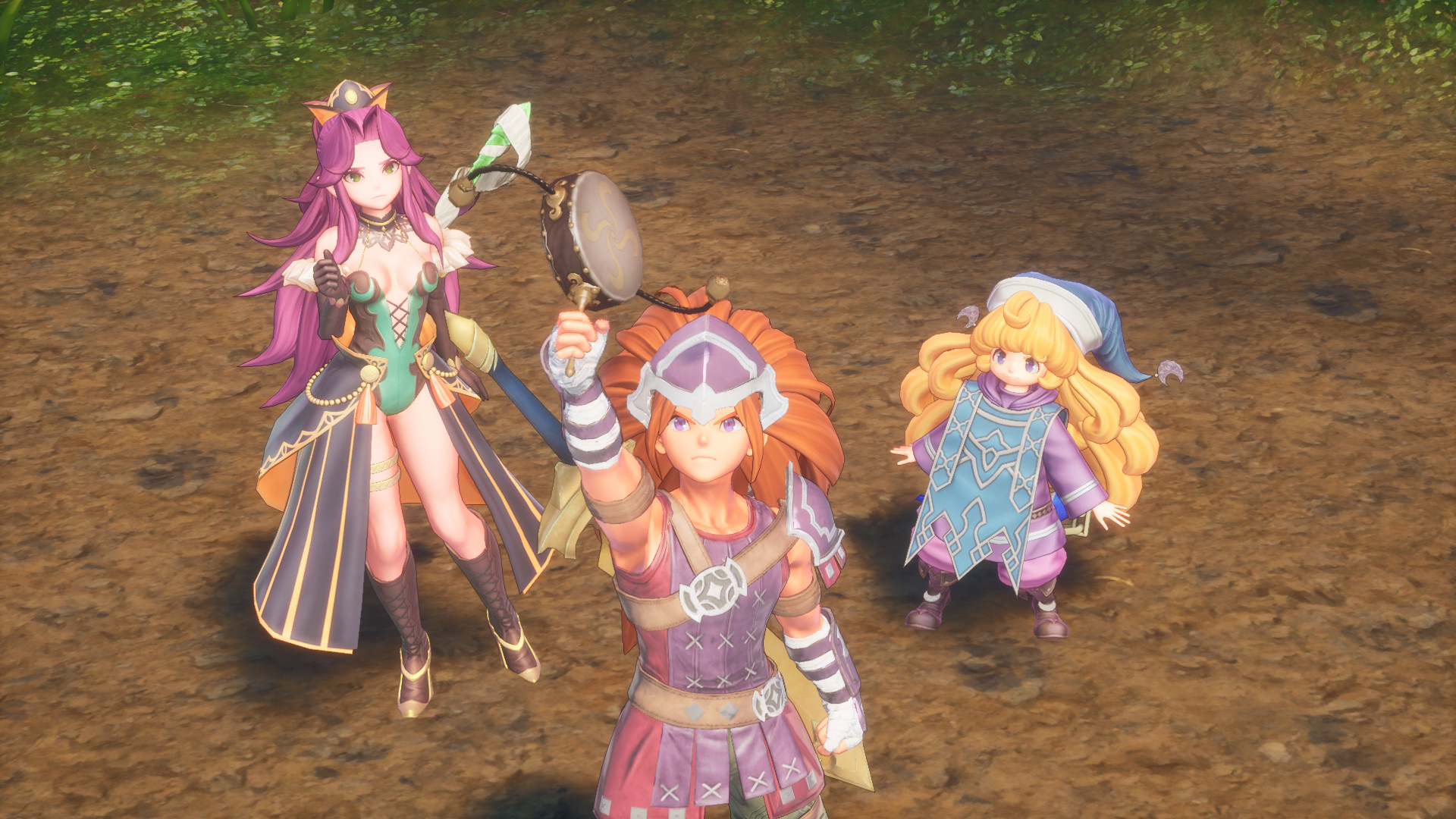
Personal Connection: Remembering the Unreachable
To some, including myself, Seiken Densetsu 3 was merely a game that we could only dream of. The world of the game was only a few magazine screenshots, a translated guide, and a fin-developed path. The remake of Trials of Mana is much more than the release of a game, as it has kept a promise. It connects the world of the indreamable and of the dream, the myth and the reality. This history is personal, and it shapes each and every part of the remake, which is why it is so accurate. This is why some remakes are not merely retelling the history, but appreciating its importance. This is easily visible through this game's history.
Visual & Audio Review: Style to 3D
On the artistic side, the bright and stylized aesthetic is chosen for the remake to retain the essence of the original on SNES and not lose its identity. The world is playful and inviting, environments have color, character models are lively, and the overall composition is simple, but the art direction lends priority to the feeling of the game rather than technical aspects.
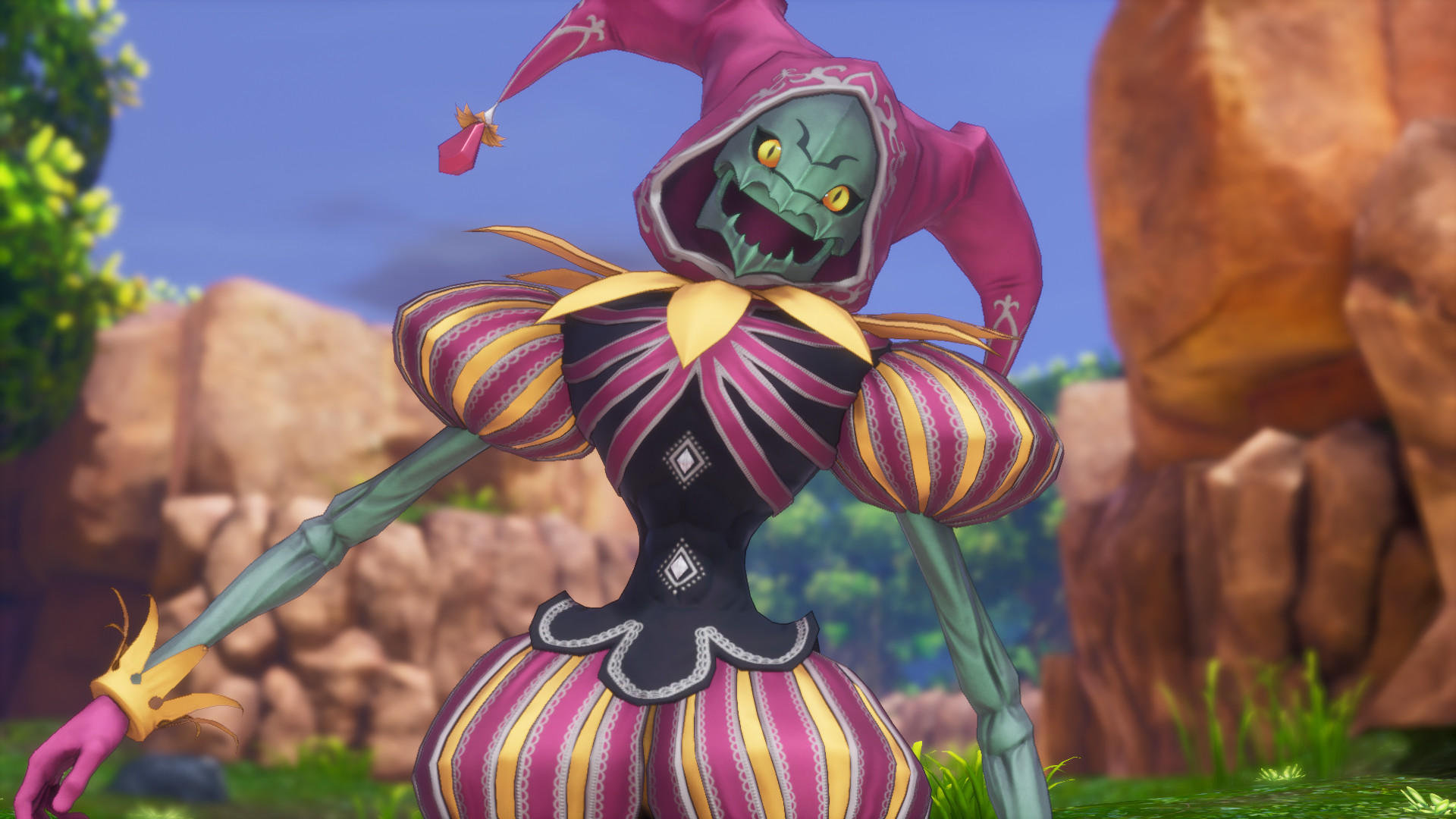
Another highlight of the game is the soundtrack. The original and the newer renditions of the score are seamlessly integrated, showing care in reorchestrating the classic compositions, and players have the option to toggle between both. This option satisfies those who revere the music's legacy while providing a contemporary version for modernized enthusiasts.
Technical & Artistic Review: A Faithful Reimagining
The remake's visual style is bright and stylized. It maintains the essence of the original while ensuring it works on modern hardware. The characterization is vivid, and the environment is vibrant and welcoming. The direction of the art may not be graphically sophisticated, but it does succeed in modernizing the charm of the SNES era.
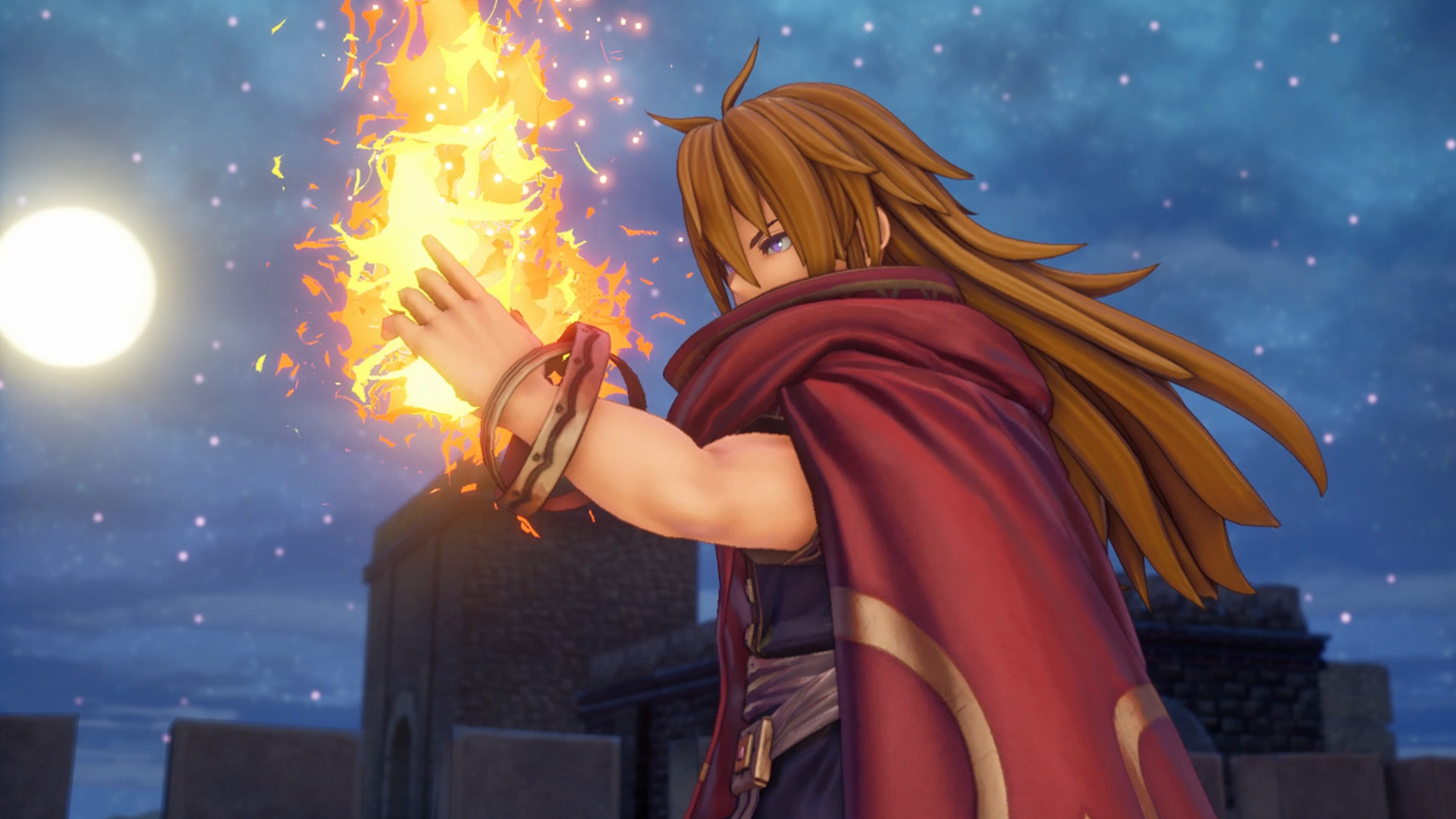
The soundtrack, in particular, is commendable. Careful reorchestration of classic pieces lets players swap and play original as well as updated versions. The approach taken shows reserve for the game's legacy, with players being given the option of preservation and reinterpretation of the score. Balanced menus and contemporary save options act as quality-of-life improvements.
Reflections on The Balance of Nostalgia and Modernization
Every remake has some friction between nostalgia and innovation, and for all of its attempts, Trials of Mana has balanced this with varying results. Its triumph rests on its combat and progression systems, which feel as engaging today as they did innovative during the '90s.
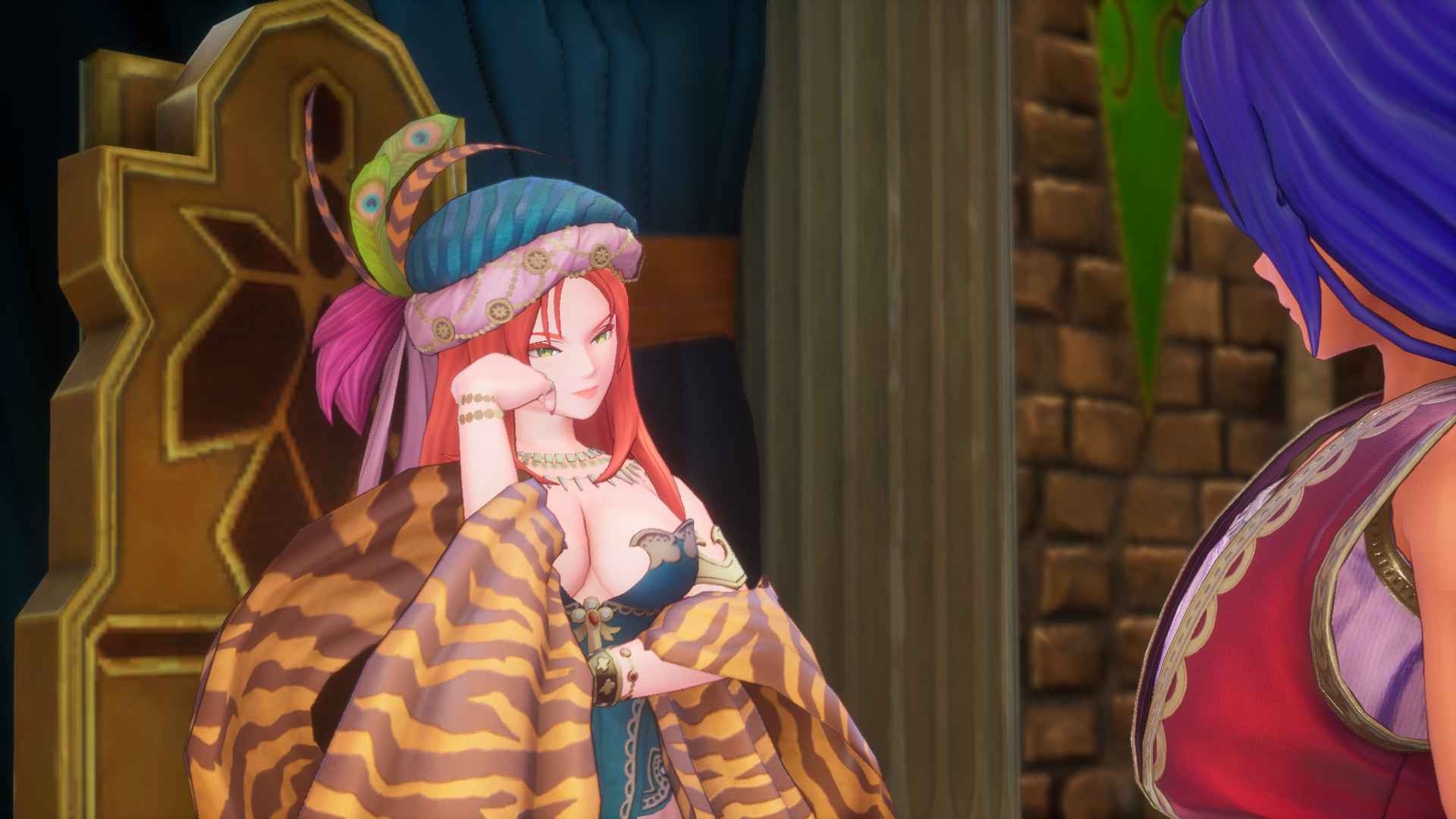
These flaws, however, do nothing to diminish the triumph. The seams of its 16-bit origins, of which the Remake has not managed to erase, have been contextualized as such that they enable the players to relish the strengths, as well as the limitations, of the original design.
Conclusion: Completing a legacy, setting a new path
Trials of Mana is not just a remake—it restores a legacy that for many years was thought to be lost. It manages to maintain a delicate balance between innovation and fidelity by adding new elements such as Class 4, challenging endgame content, and a rewarding New Game Plus, all while paying respect to the original, its structure, and core fundamentals.
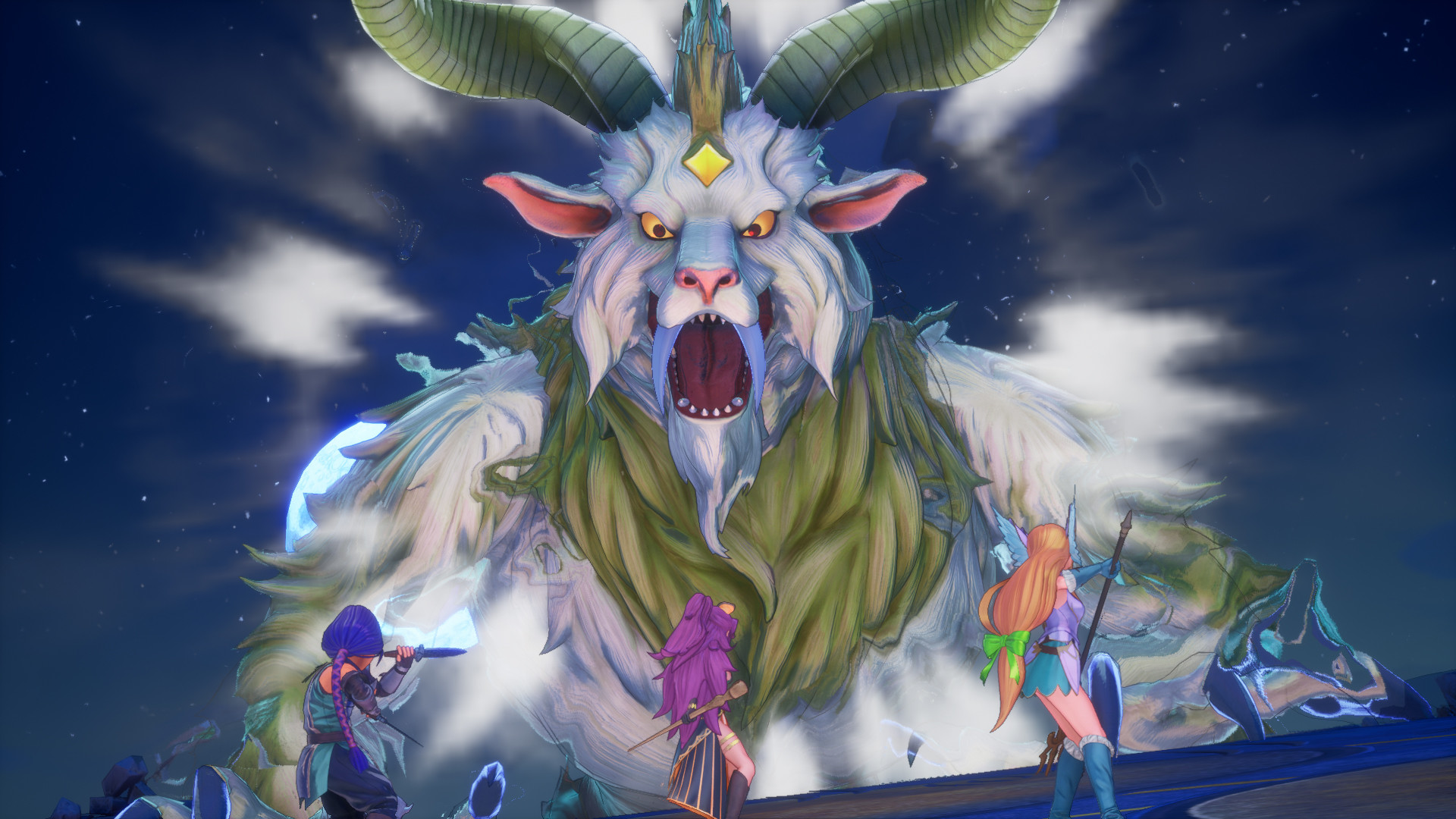
For many fans, the anticipation for the game has finally been fulfilled after decades. For new players, the game is a gateway to an extraordinary world filled with choice, progression, and endless storytelling. Those who understood the game in the past, and even today, are the people that this game was actually made for.
Trials of Mana doesn't just recreate the past, but rather, reaffirms its importance in today's context. This, in essence, is what makes the game a success. Rather, it is its ability to grow, while still holding on to the core fundamentals that determines its value. This is what the players who still wish for its return have come to embrace. The power of Mana and the players does not diminish, and this game is a reminder of exactly that.